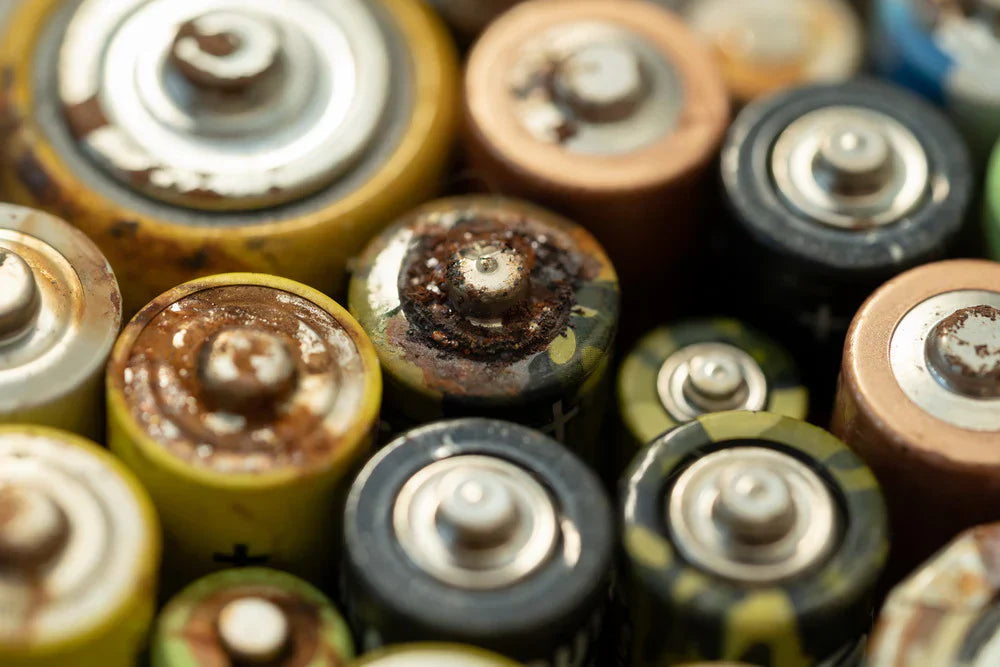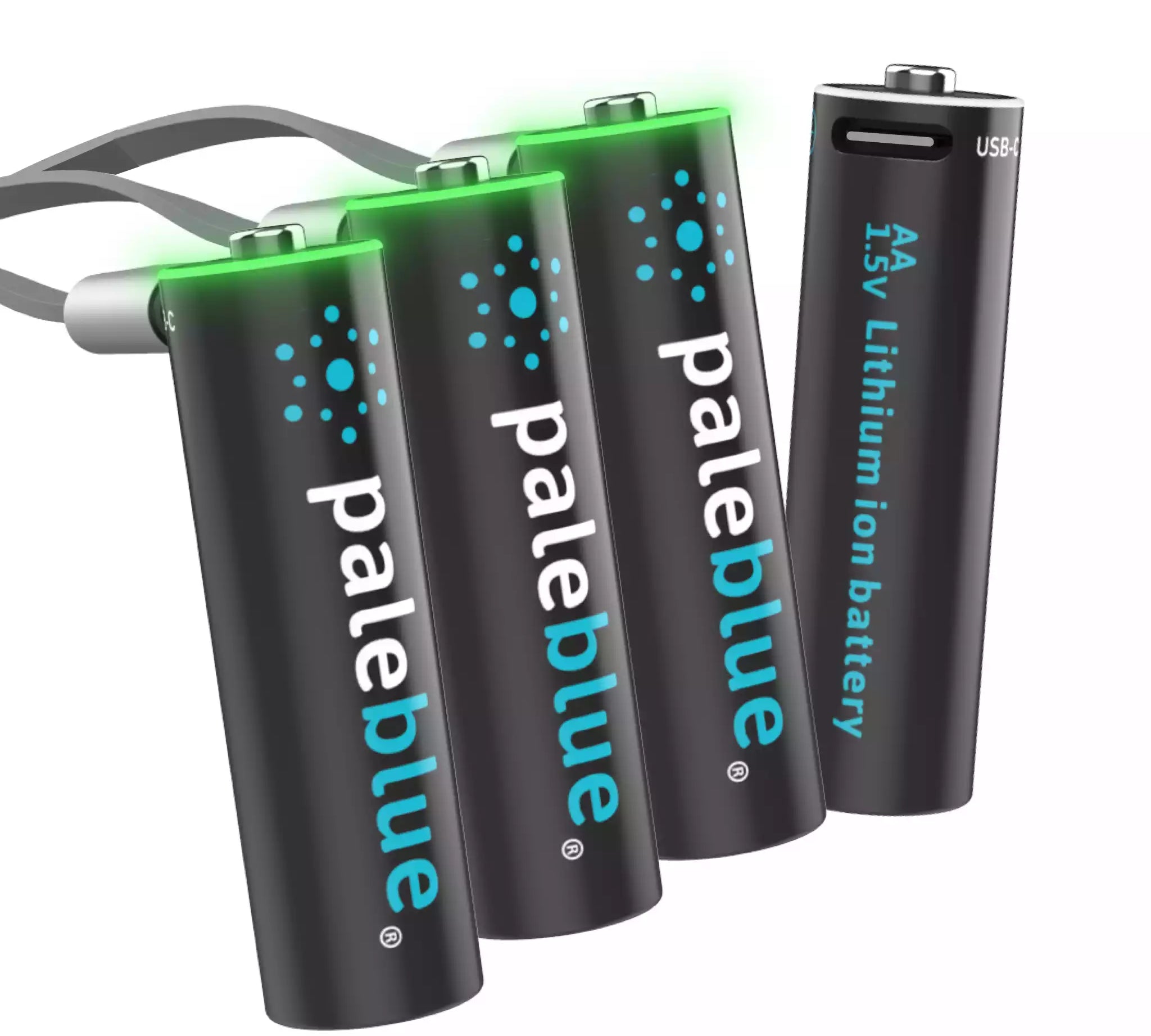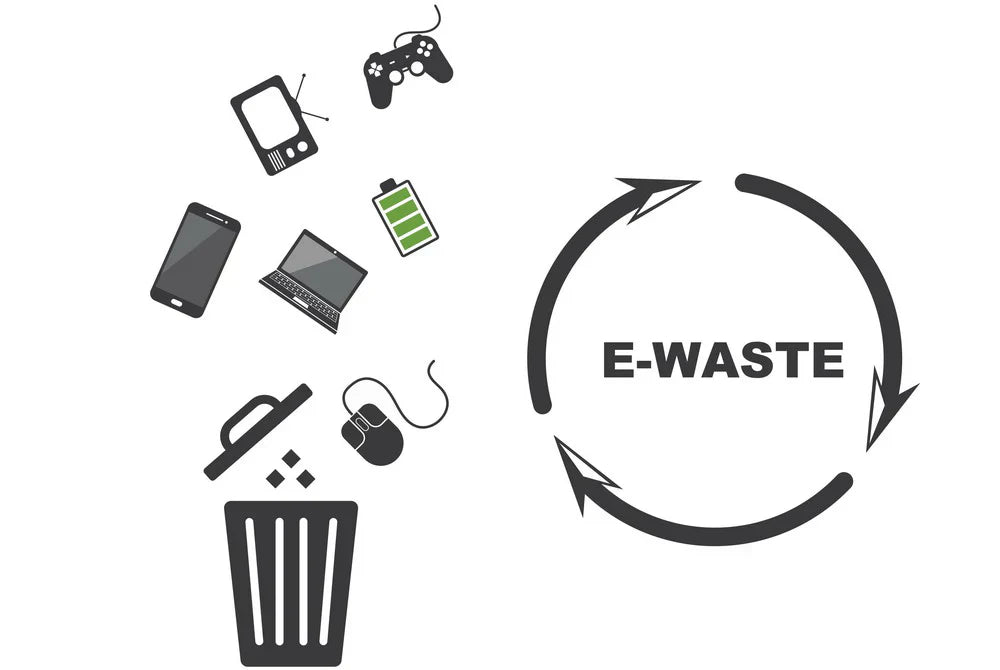Do You Know What the EPA Says About Household Battery Disposal?

Household batteries are pretty much mandatory these days. They power everything from flashlights to remote controls and Xbox controllers. Needless to say, the average home has plenty of household batteries installed in devices and laying around in drawers.
Here's a question: do you know what the EPA says about household battery disposal? If not, you might be tempted to throw all your old batteries into a trash can or recycling bin. Not a good move. If you believe in sustainability and want to do your part to protect the planet for future generations, recycle all your household batteries.
Recycle Single-Use Batteries
The EPA website says that "certain batteries should NOT go in household garbage or recycling bins." They give reasons for saying as such, then go through and look at different types of batteries. The EPA starts by discussing single-use batteries.
Regular readers of our blog know full well what a huge resource waste single-use batteries are. The disposable batteries you buy, use once, and throw away add up year after year.
Most single-use consumer batteries are alkaline; some are zinc carbon. Either way, it is legal to throw both types of batteries into the household trash. But the EPA recommends not doing so. Their website specifically says the following:
"EPA recommendation: send used alkaline and zinc carbon batteries to battery recyclers or check with your local or state solid waste authority."
This applies to single-use lithium batteries as well. The EPA warns against throwing single-use lithium cells into the trash. They should absolutely be recycled.
Rechargeable Batteries
It is our position that we should try to move away from single-use batteries anyway. By their nature, single-use batteries are wasteful. They are counterintuitive to the entire sustainability mindset and the waste is not limited to resources, but also to your wallet. Single-use batteries end up costing more in the long run. It just makes sense to transition to rechargeable batteries.
The top three rechargeable technologies are NiCad, NiMH, and li-ion. As you probably know already, Paleblue’s USB-C rechargeable batteries belong to the lithium-ion category. Li-ion has proven to be more reliable and faster charging than other chemistries so dominates the modern electronics markets and use cases.
Disposing of Lithium-Ion Batteries
In terms of disposal, it might actually be illegal where you live to throw lithium-ion batteries into the trash. Check with your local officials if you are not sure. Better yet, don't even think about throwing them away. Recycle them instead. Here's what the EPA website has to say about it:
"EPA recommendation: look for labels identifying battery chemistry. Do not put rechargeable batteries in the trash or municipal recycling bins. Find a recycling location near you."
We could not agree more. Recycling lithium-ion batteries makes it possible to reclaim valuable materials and keep waste out of landfills. The materials are valuable enough that it just doesn't make sense to throw them away.
Leave Landfills for Organic Trash
The EPA is pretty clear in its recommendation to recycle all household batteries. Their advice is sound advice. Batteries are full of chemicals and other materials that do not belong in landfills. Let's leave the landfills open for organic trash while we make a concerted effort to recycle everything else.
Your local waste disposal department can tell you where to recycle single-use batteries. You can check out the Call2Recycle website to find a lithium-ion battery collection center near you. Chances are you will have multiple locations to choose from.
Here's hoping the information you read in this post motivates you to keep batteries out of the trash. We hope you'll follow the EPA recommendations regarding battery recycling.







